Acne
Showing 1–8 of 98 results-
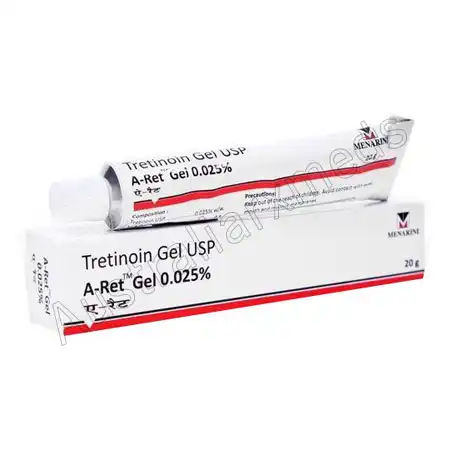 A Ret Gel 0.025AUD 32.26 – AUD 215.08
A Ret Gel 0.025AUD 32.26 – AUD 215.08 -
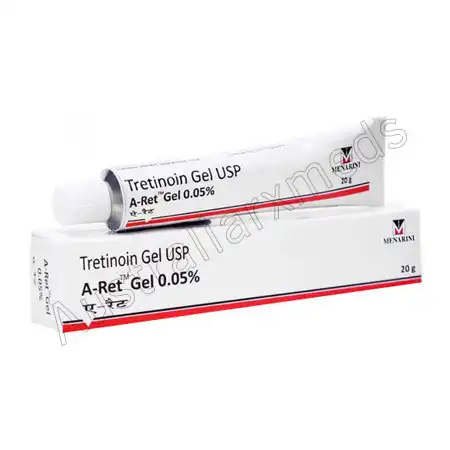 A Ret Gel 0.05AUD 38.05 – AUD 100.45
A Ret Gel 0.05AUD 38.05 – AUD 100.45 -
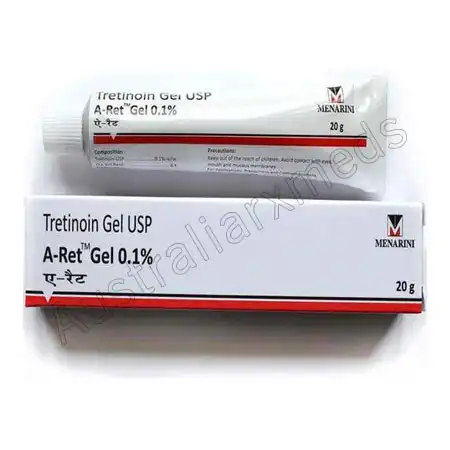 A Ret Gel 0.1AUD 42.62 – AUD 112.63
A Ret Gel 0.1AUD 42.62 – AUD 112.63 -
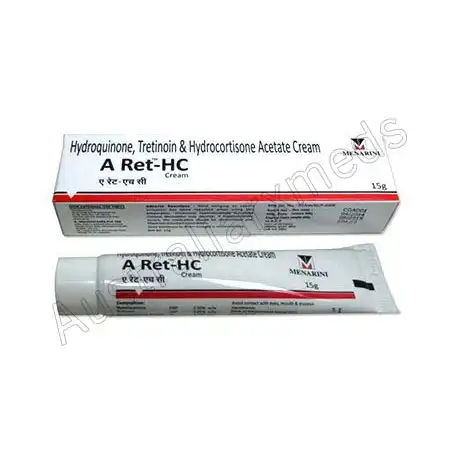 A Ret HC CreamsAUD 35.01 – AUD 99.90
A Ret HC CreamsAUD 35.01 – AUD 99.90 -
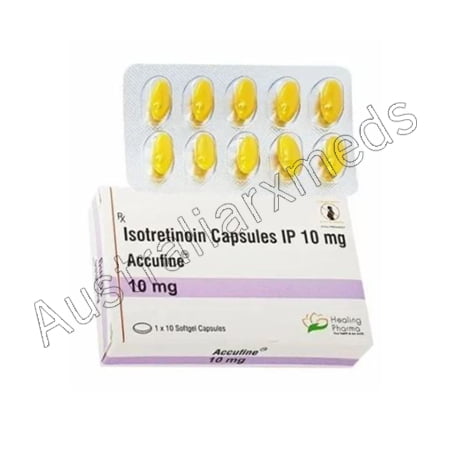 Accufine 10 MgAUD 68.49 – AUD 167.42
Accufine 10 MgAUD 68.49 – AUD 167.42 -
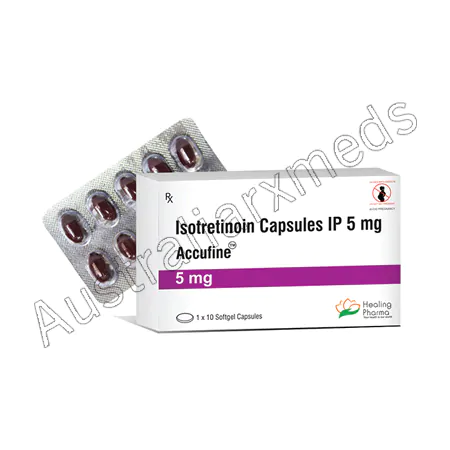 Accufine 5 MgAUD 53.27 – AUD 144.59
Accufine 5 MgAUD 53.27 – AUD 144.59 -
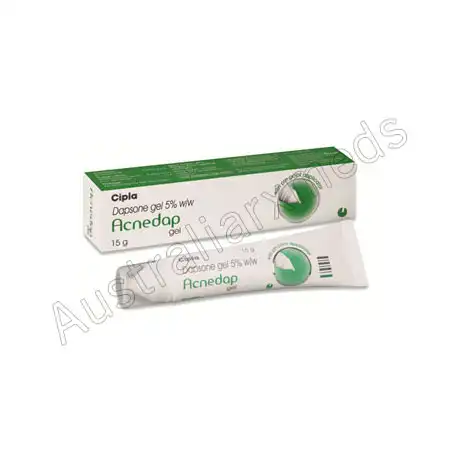 Acnedap GelAUD 53.27 – AUD 153.00
Acnedap GelAUD 53.27 – AUD 153.00 -
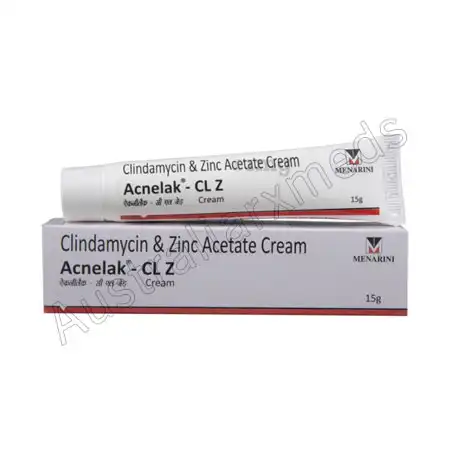 Acnelak-CLZ CreamAUD 18.26 – AUD 54.79
Acnelak-CLZ CreamAUD 18.26 – AUD 54.79
Acne, a common form of skin issue that occurs mostly in adolescent young people, is a major sign indicating the onset of puberty. However, it may also occur at any age or sex because of many reasons.
Some acne occurs when your skin gets overexposed to harmful sunlight and UV rays of the sun. The occurrence of acne is also a common sign of skin being exposed to harmful air pollutants. In addition, acne commonly grows on your face during many viral and bacterial infections, too.
Acne: Finding The Causes
- Hormonal imbalance
- Excess production of testosterone in males or estrogen in females
- Harmful pollutants and suspended particles in the air
- Sun rays
- Humid weather
- Toxic water
- Intake of excess fatty and carb-rich food items
- Having a family history of acne
Symptoms
- Bumps on the skin
- Redness
- Itching
- Swelling
- Irritation
- Inflammation
- Burning
Acne may also have many emotional effects on the mind of a person.
This can make your skin look oily.
Types Of Acne
Even though acne has a general common definition in the minds of most people, there are some things you need to know.
You see, not all acne is the same and has the same reasons. This is why it is important to go to the doctor when you have acne to find out the exact type and its reason.
Let us take you through the different types of acne that can occur in humans-
- Greasy skin along with reddish bumps, a situation that is known as seborrhea.
- Open comedones, which are usually filled with keratin, are also known as blackheads. These occur because of keratin debris and form as black papules.
- Closed comedones, which are usually known as whiteheads which occur because of sebum deposition over time.
Diagnosing Acne
Usually, acne is a condition that needs little diagnosis to identify the condition. You see, it is almost impossible to miss looking at the reddish bumps that appear on the skin and are easily visible because of their stark appearance.
However, when you go to the doctors, they may conduct a few tests, and that is because they want to be sure of the type and the reason. Yes, the reason has to be found out by the doctors, based on which they can recommend an ideal cure.
Based on the type of acne and the reason, which is an infection, they may tell you to use a suitable antibacterial or antifungal medicine.
Other treatments, as you may know, generally include the use of ointments, lotions, or gels.
However, coming back to diagnosis, some of the general tests that the doctors may conduct are-
- Blood tests to find out about blood sugar and cholesterol levels.
- Hormonal tests are used to find out the levels of estrogen or testosterone.
- Blood tests to check iron levels.
Protection From Acne – Your Daily Guide
Acne as in 90% of the cases, occurs because of patients not knowing about certain triggers or allergens that will start causing acne on the skin.
You need to go to a doctor and learn about what triggers the condition in you. Once you know about it, you need to take suitable measures in your life to avoid that trigger.
A very simple example is a patient who has acne because of exposure to polluted air. In this case, the doctors will recommend a suitable medicine or gel. However, along with this, a list of lifestyle changes has to be followed.
The doctors can tell you to avoid getting under the harsh sun too much or using scarves and facemasks to cover your face as much as possible.
Here is a list of some other tips to follow-
- Get on a healthy and nutritious diet.
- Get rid of all fried, packaged, or canned products.
- Get sodium off your diet.
- Reduce intake of food items with high fats and cholesterol.
- Have enough sleep.
- Get rid of alcohol and narcotic drugs.
- Use herbal and ayurvedic skin cleansers.
- Avoid the use of harsh soaps on your skin.

